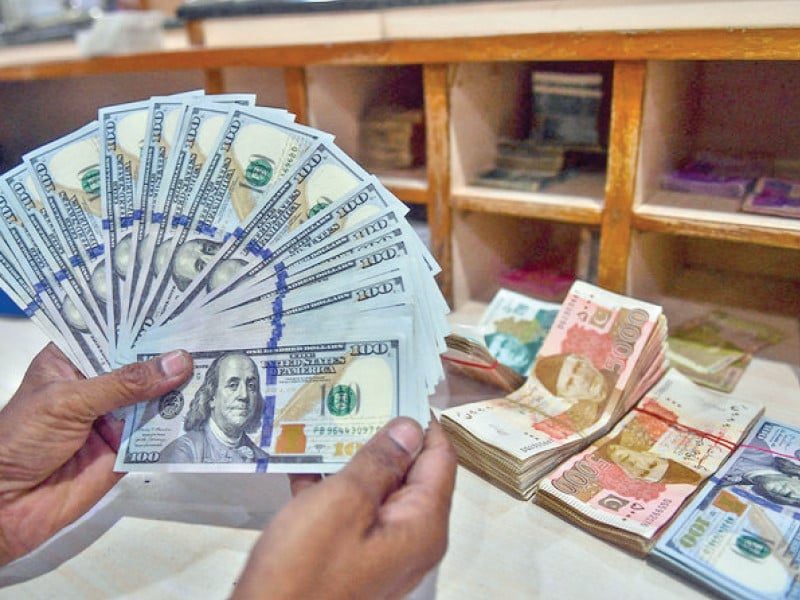The Federal Ministry of Economic Affairs has also released data on borrowing and repayments to the International Monetary Fund (IMF) by different political parties

ISLAMABAD: The Ministry of Finance has provided the Senate with a comprehensive report detailing the sharp increase in Pakistan’s national debt over the past three years. According to the written response, the national debt has surged by Rs31.5 trillion during this period. The breakdown is as follows: in the fiscal year 2021-22, the debt rose by Rs9.4 trillion, in 2022-23 by Rs13.7 trillion, and in 2023-24 by Rs8.4 trillion.
This significant rise in national debt underscores the financial challenges faced by Pakistan. The increase reflects a complex interplay of factors including economic policies, external borrowing, and fiscal management. The Ministry’s report highlights the growing pressure on Pakistan’s economic stability and the need for effective debt management strategies.
In addition to the debt figures, the Ministry of Finance reported the registration of 3.5 million new taxpayers across the country in 2023. This increase is part of ongoing efforts to broaden the tax base and improve revenue collection. The Federal Ministry of Economic Affairs has also released data on borrowing and repayments to the International Monetary Fund (IMF) by different political parties. The figures reveal significant borrowing and repayment patterns:
Pakistan People’s Party (PPP): Borrowed the highest amount from the IMF, totaling over $7.72 billion. This places PPP at the top of the list for borrowing.
Pakistan Muslim League-Nawaz (PML-N): Borrowed $6.48 billion, ranking second. The PML-N also holds the top position for repayments, having paid back over $5.92 billion to the IMF.
Pakistan Tehreek-e-Insaf (PTI): Borrowed $6 billion, placing it third in the borrowing rankings. PTI holds the highest position for interest payments, having paid $791 million in interest during its term.
These figures illustrate the substantial financial obligations managed by successive governments and highlight the varying approaches to debt management and IMF interactions.
The rise in national debt and the details of IMF borrowing and repayments shed light on Pakistan’s economic trajectory. The substantial debt increase emphasizes the urgency for strategic financial planning and reform. The data on taxpayer registration reflects efforts to enhance revenue collection, which is crucial for addressing fiscal challenges.
The comparative analysis of borrowing and repayment practices among different political parties offers insights into their financial management strategies and the broader impact of international loans on Pakistan’s economy. As the country navigates these economic pressures, effective policy measures and financial reforms will be critical in ensuring long-term stability and growth.
#PakistanDebtCrisis, #FiscalChallenges, #EconomicStability, #DebtManagement, #IMFLoans, #TaxBaseExpansion, #PakistanEconomy, #NationalDebt, #PoliticalFinance, #EconomicReforms



